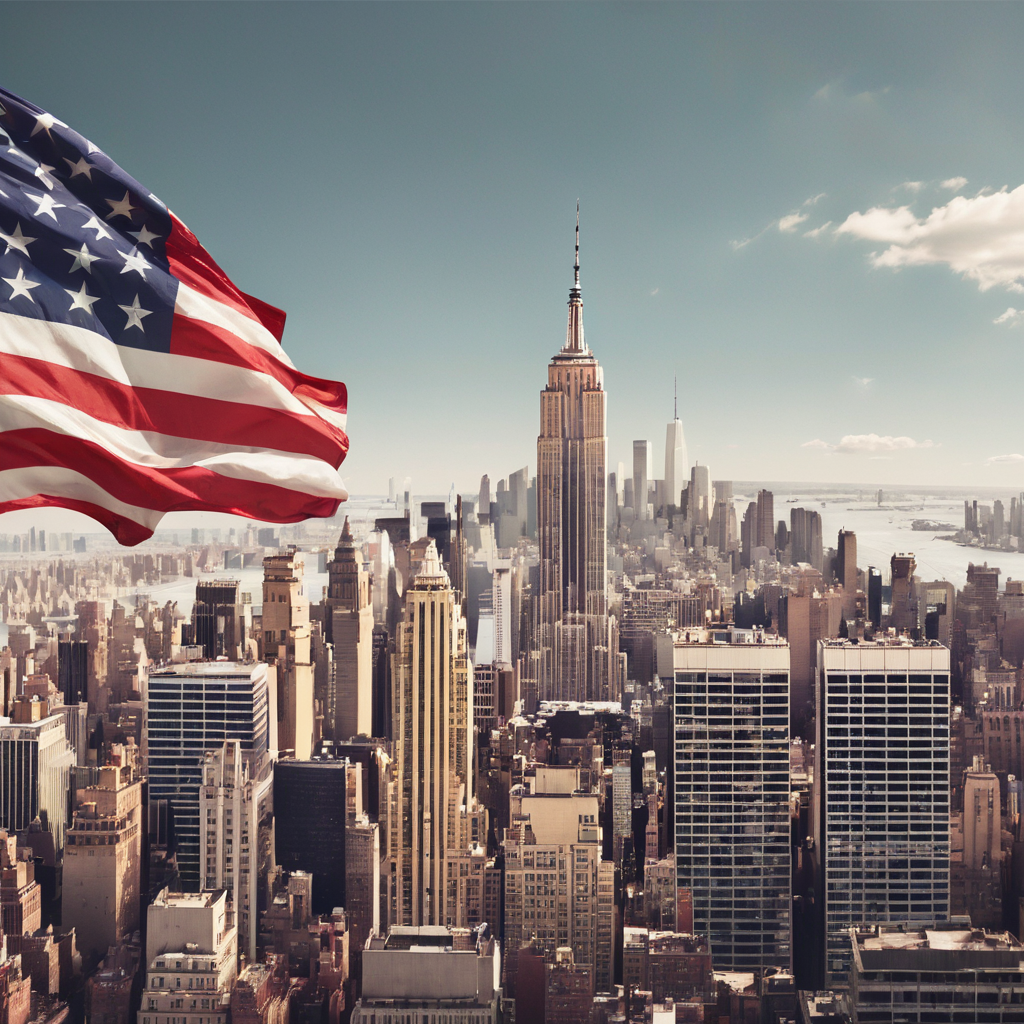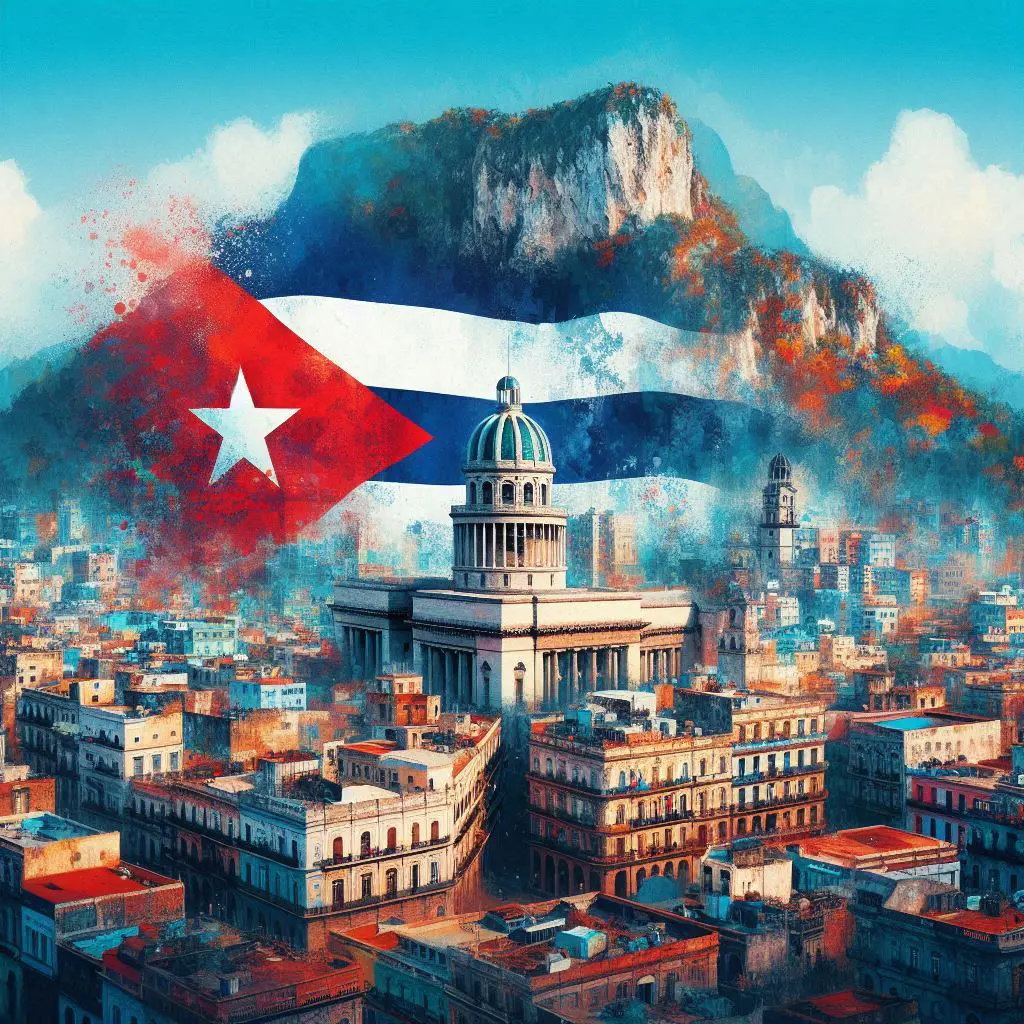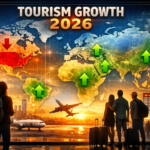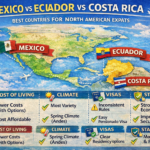
As the possibility of another Trump presidency looms on the horizon, the potential impact on U.S. tourism has become a topic of considerable debate. The ramifications can be projected by analyzing the political, economic, social, and cultural shifts that might accompany a second Trump administration.
Political Impact
A future Trump presidency would likely bring a renewed focus on stringent immigration policies, reminiscent of his previous term. The reinstatement or introduction of travel bans, particularly targeting countries with predominantly Muslim populations, could create an atmosphere of apprehension among international tourists. This would likely lead to a decline in visitors from these regions, as potential travelers might fear complications or unwelcoming experiences at U.S. borders. Additionally, the broader global perception of the U.S. as an inhospitable destination for certain nationalities could deter tourists from various countries, impacting overall tourism numbers.
Economic Impact on US Tourism
Economically, the effects of another Trump presidency on tourism could be multifaceted. While his administration’s policies might focus on stimulating the domestic economy through tax cuts and deregulation, the potential imposition of tariffs on goods from key trading partners could lead to retaliatory measures. This could strain international economic relations and negatively impact tourism. Moreover, if the U.S. dollar strengthens again under his administration, travel to the U.S. could become more expensive for foreign tourists, further contributing to a decline in international visitors. Conversely, an emphasis on boosting the domestic economy might lead to increased disposable income for Americans, potentially spurring domestic travel and bolstering the domestic tourism industry.
Social and Cultural Impact On US Tourism
The social and cultural impact of a future Trump presidency on tourism could be significant. The administration’s rhetoric and policies around immigration and race relations might polarize global opinions. For some, the U.S. could appear less tolerant and inclusive, deterring tourists who value diversity and openness. High-profile incidents of racial tension and civil unrest, amplified by global media, could paint a picture of a nation grappling with deep-seated social issues, influencing tourists’ perceptions and decisions.
However, the America First policy and strong nationalistic sentiment might resonate with a segment of domestic tourists. These individuals, feeling a renewed sense of pride and patriotism, could be more inclined to explore and spend within their own country, potentially boosting domestic tourism. National parks, historical landmarks, and culturally significant sites within the U.S. might see a rise in visitors from this demographic.
Tourism Industry Response
The tourism industry would likely respond to these shifts with both adaptation and advocacy. Airlines, hotels, and travel agencies would need to navigate fluctuating demand and changing traveler profiles. Marketing strategies might be adjusted to emphasize safety, inclusivity, and the unique experiences available within the U.S. Destinations known for their cultural diversity and progressive values would likely seek to reassure and attract international tourists by distancing themselves from federal policies perceived as exclusionary.
Tourism boards in various states might launch campaigns to counter negative perceptions and highlight the welcoming nature of their local communities. Cities like New York, Los Angeles, and San Francisco, with their cosmopolitan appeal, could double down on efforts to promote inclusivity and cultural vibrancy.
Long-Term Effects on US Tourism
The long-term effects of a future Trump presidency on U.S. tourism would be complex. While the immediate years might see a decline in international tourism due to political and social factors, the domestic market could experience growth. The administration’s policies and rhetoric would leave a lasting imprint on the global perception of the U.S., influencing travel decisions even beyond his tenure. As future administrations and policies come into play, the tourism industry would continue to evolve, learning from the past and striving to present the U.S. as a desirable and welcoming destination for all travelers.
In conclusion, a future Trump presidency could bring about significant changes in U.S. tourism, marked by potential declines in international visitors due to political and social factors, a boost in domestic tourism driven by nationalism, and an industry-wide push to adapt and advocate for inclusivity. The legacy of these years would shape the landscape of American tourism for the foreseeable future.









